Ep. 321 | The History of Taiwan (Part 12)
Another barnburner of an episode here in Part 12. The 1960s and 70s witnessed a lot of turbulence in Taiwan. Following the Sino-Soviet Split, Chiang Kai-shek had a funny feeling his U.S. ally was going to try to make hay of this opportunity. Facing an uncertain future Chiang front-burner'd economic reform. As things gather steam throughout the 1970s, a middle class emerges and grows. Taiwan was moving full speed ahead in the direction of becoming one of the Four Asian Tiger economies. Chiang knew the knock on the door was coming sooner or later.
December 1969 he is told by the US ambassador the US will end things with the ROC in favor of recognizing the PRC. That created a very complicated and sensitive situation. The KMT starts grooming more native Taiwanese and carries out aggressive outreach. And we'll close off with the death of Chiang in April 1975.
Listen On Your Favorite Podcast Player
Terms in Episode
| Pinyin/Term | Chinese | English/Meaning |
|---|---|---|
| Chén Chéng | 陈诚 | 1898-1965, ROC military leader and one of the main army commanders during the Sino-Japanese War and Chinese Civil War. Alsio served as governor of Taiwan, vice-president of the ROC from 1954-1965 and premier from 1958-1963 |
| Jiǎng Jīngguó | 蒋经国 | 1910-1988, Mostly written as Chiang Ching-kuo, he was the son of Chiang Kai-shek and served as president of the ROC from 1978-1988 and premier from 1972-1978 |
| Yán Jiāgàn | 严家淦 | C.K. Yen |
| Qīng | 清朝 | China's fibal imperial dynasty which lasted 1644-1912 |
| Liú Míngchuán | 刘铭传 | Taiwan's first governor during the Qing. He served from 1884-1891. Besides his past military service, Liu is remembered for his efforts in modernizing Taiwan during his tenure as governor, and several institutions have been given his name, including Ming Chuan University in Taipei. |
| Léi Zhèn | 雷震 | 1897-1979, Chinese politician and dissident who pioneered the cause for democracy in Taiwan |
| Zhèjiāng | 浙江 | Coastal province in China. Hangzhou is the capital |
| Hú Shì | 胡适 | 1891-1962, diplomat, essayist, literary scholar, philosopher, and politician |
| Zìyóu Zhōngguó Bànyuèkān | 自由中国半月刊 | Free China Fortnightly |
| Zhōngguó Mínzhǔ Dǎng | 中国民主党 | China Democratic Party |
| Yǐ Dǎng Zhì Guó | 以党治国 | One Party rules the state |
| Bó Yáng / Guō Dìngshēng | 柏杨 / 郭定生 | He was another mainlander from Kāifēng who escaped to Taiwan after 1949. In academic and intellectual circles Bó Yáng had achieved great renown as a historian, philosopher, and literary figure throughout the 1940’s, 50’s and 60’s. |
| Zhōnghuá Rìbào | 中國日報 | The China Daily |
| Quánguó Jūnmín Tóngbāomén | 全国军民同胞们 | Fellow soldiers and countrymen |
| Chǒulòu de Zhōngguórén | 丑陋的中国人 | The Ugly Chinaman |
| Dǎngwài | 党外 | a loosely knit political movement in Taiwan in the mid-1970s and early 1980s. |
| Dèng Xiǎopíng | 邓小平 | 1904-1997, revolutionary leader, military commander, statesman, reformer who served as parampount leader in China from December 1978-November 1989. He is revered by many as "The Architect of Modern China" |
| Shēnzhēn, Zhūhǎi and Xiàmén | 深圳,珠海,厦门 | The three Special Economic Zones of Shenzhen, Zhuhai (in Guangdong) and Xiamen (Fujian) |
| Táiwān Qíjī | 台湾奇迹 | Taiwan Miracle. |
| Zhōu Ēnlái | 周恩来 | 1898-1976, Chinese statesman, diplomat, revolutionary and Premier of the PRC from the nation's founding till his death in 1976 |
| Táiwān Wèntǐ | 台湾问题 | The "Taiwan Problem" of how to handle the matter of Taiwan's political fugure |
| Prime Minister Tanaka | 田中 角栄 | Tanaka Kakuei, 1918-1993, Japanese politician and Prime Minister of Japan from 1972-1974 |
| Péng Míngmǐn | 彭明敏 | 1923-2022, noted democracy activist, advocate of Taiwan Independence. |
| Roger Xiè Cōngmǐn | 谢聪敏 | Roger Hsieh, 1934-2019, Taiwanese politician and colleague of Peng Mingmin |
| Diàoyú / Diàoyútái Islands | 钓鱼/钓鱼台 | Also known as the Senkaku Islands, an island Chain in the East China Sea |
| Shí Dà Jiànshè | 十大建設 | The Ten Major Construction Projects |
| Qīngmíng | 清明节 | The Gravesweeping or Qingming Holiday. It falls on the first day of the fifth solar term of the traditional Chinese lunisolar calendar. This makes it the 15th day after the Spring Equinox, either April 4, 5 or 6 in any given year |








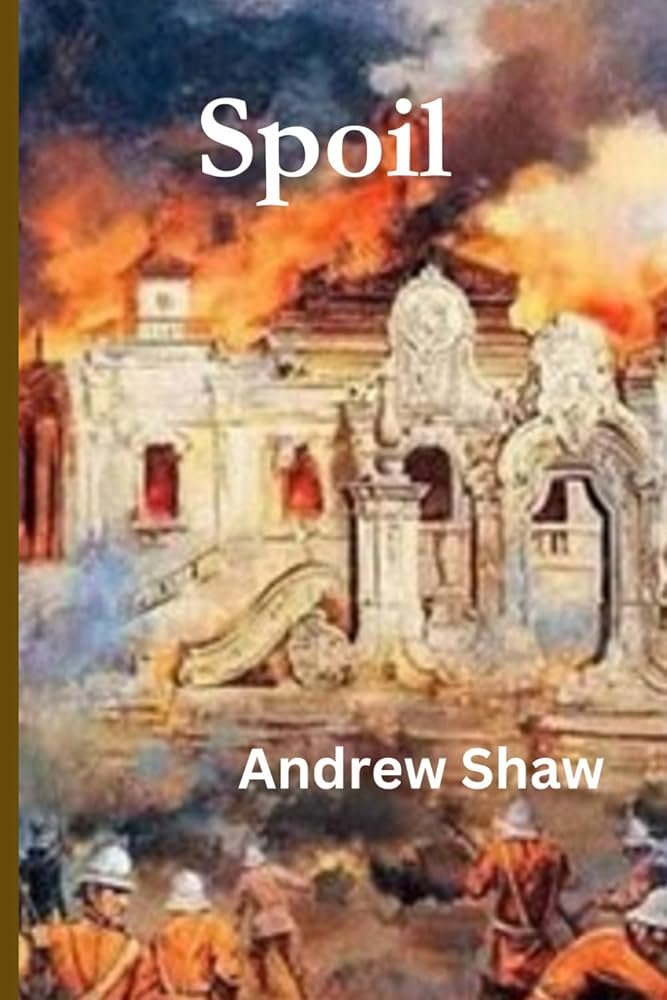
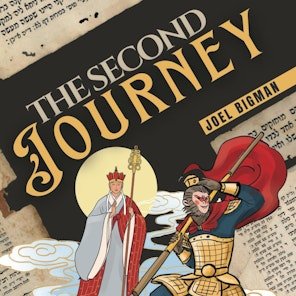
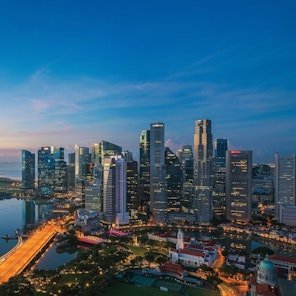
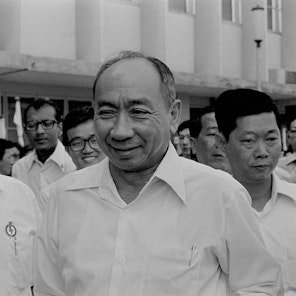
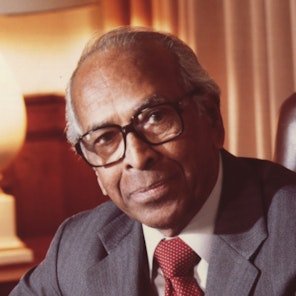
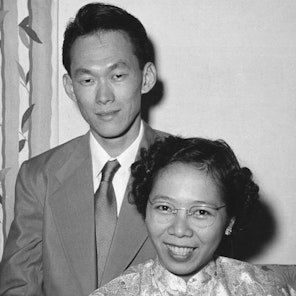
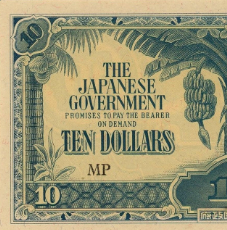
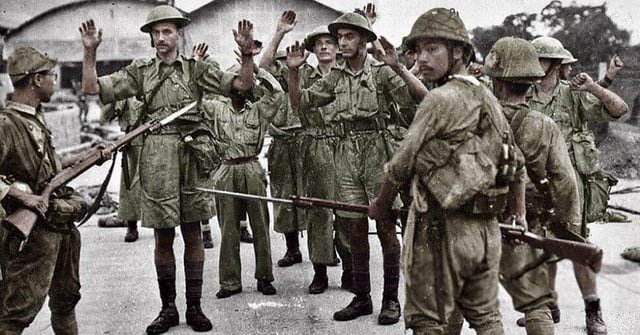
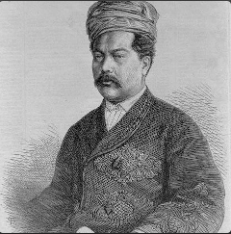
Former BBC reporter and master jade carver Andrew Shaw is back. What an informative interview this one turned out to be!